H.R. 4682: End Solitary Confinement Act
The End Solitary Confinement Act seeks to reform the use of solitary confinement in federal correctional facilities by implementing a series of measures aimed at reducing its frequency and improving the treatment of incarcerated individuals. The main components of the bill include:
Prohibition of Solitary Confinement
The bill generally prohibits the practice of solitary confinement in federal facilities, allowing it only under very specific and strict conditions. This measure aims to curb the widespread and sometimes controversial use of isolation as a disciplinary tool within the prison system.
Standards for Out-of-Cell Interaction
The legislation mandates minimum standards for out-of-cell interaction among inmates. The purpose is to ensure that individuals have opportunities for social interaction, which is essential for their mental health and rehabilitation. These standards are particularly focused on mitigating the negative impacts of isolation.
Focus on Rehabilitation
Emphasizing rehabilitation, the bill includes provisions that prioritize programs and activities designed to support the reintegration of individuals into society, rather than merely punishing them. This shift aims to address the underlying issues that may lead to criminal behavior in the first place.
Disproportionate Impact on Marginalized Groups
The Act recognizes the disproportionate effects that solitary confinement has on marginalized populations, including racial minorities, individuals with mental health issues, and those from lower socioeconomic backgrounds. It aims to address these disparities within the corrections system.
Reporting and Accountability
To enhance transparency and accountability, the bill outlines requirements for reporting on the use of solitary confinement and any related incidents. It also allows individuals who believe their rights have been violated while in federal facilities to file civil actions against responsible parties.
Lockdown Procedures
The legislation establishes guidelines for lockdowns that exceed four hours. It requires proper notification and approval for such lockdowns, mandates that they end in a timely manner, and clarifies that lockdowns cannot be used as a substitute for necessary medical isolation.
Community Monitoring
The bill calls for the establishment of a community monitoring body that will oversee practices related to solitary confinement and ensure compliance with the new regulations. This body is intended to provide additional oversight and build trust between the correctional system and the communities it serves.
Civil Action for Violations
Individuals alleging constitutional violations while incarcerated have the right to initiate civil actions. This provision is aimed at empowering inmates to protect their rights and seeks to create a check against potential abuses within federal facilities.
Oversight Mechanisms
Overall, the bill lays out a framework intended to create a more humane correctional environment, focusing on rehabilitation, transparency in practices, and accountability for actions taken within the prison system.
Relevant Companies
- None found
This is an AI-generated summary of the bill text. There may be mistakes.
Sponsors
24 bill sponsors
-
TrackSydney Kamlager-Dove
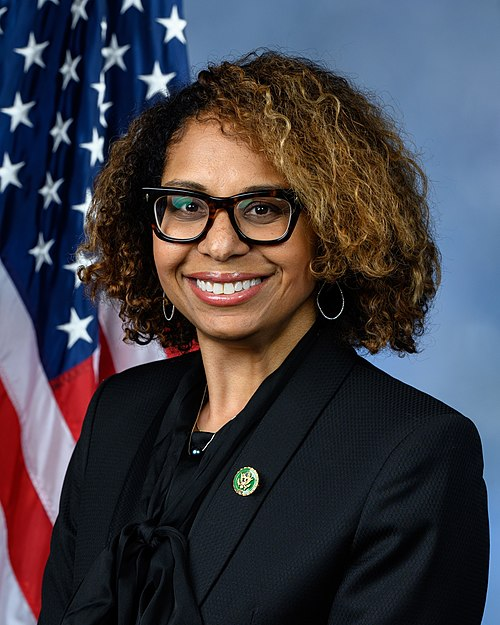
Sponsor
-
TrackBecca Balint
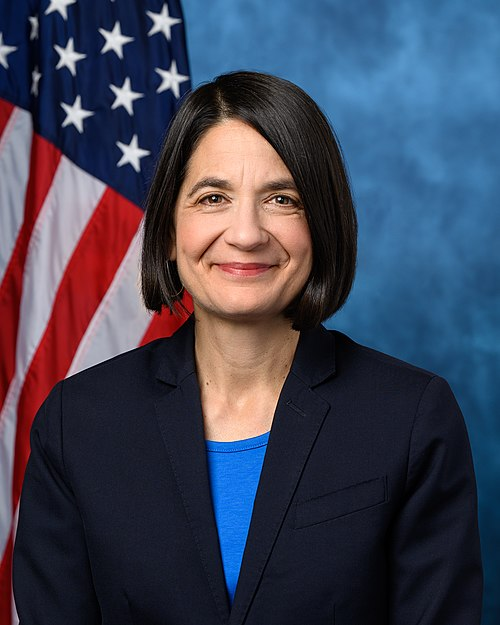
Co-Sponsor
-
TrackSheila Cherfilus-McCormick

Co-Sponsor
-
TrackJudy Chu
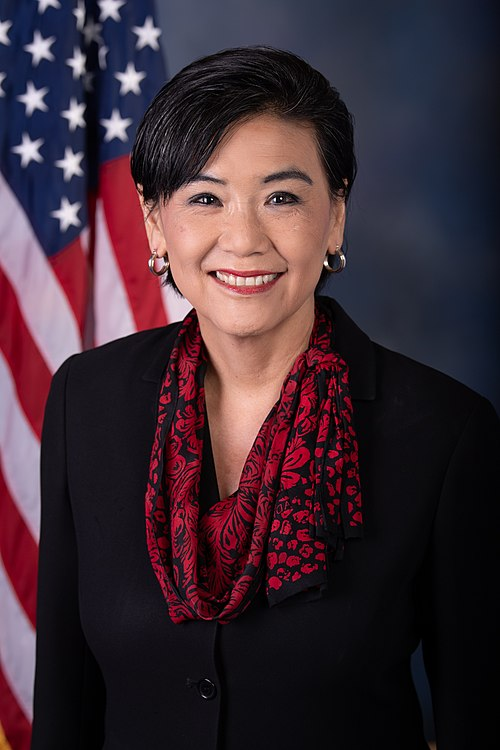
Co-Sponsor
-
TrackYvette D. Clarke
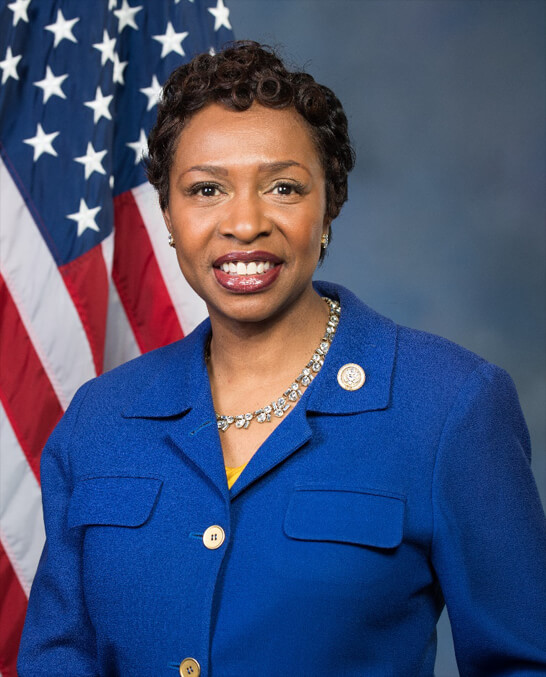
Co-Sponsor
-
TrackAdriano Espaillat
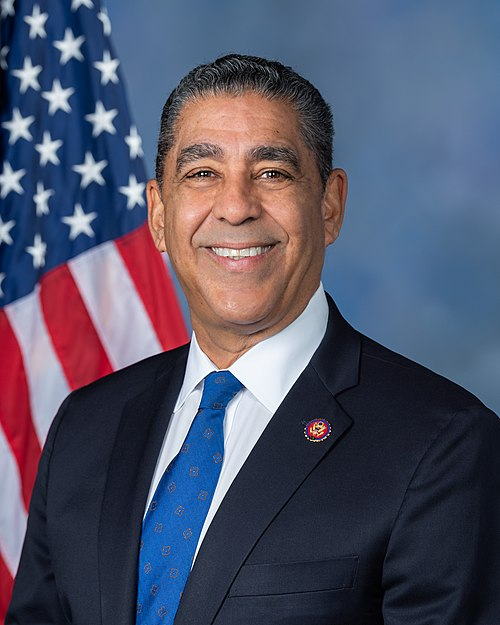
Co-Sponsor
-
TrackMaxwell Frost
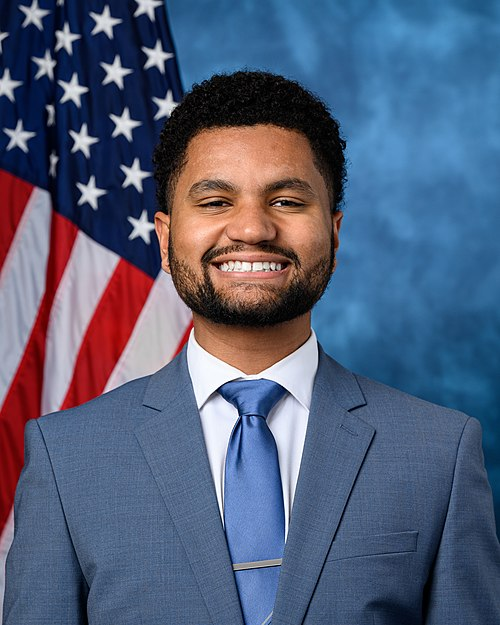
Co-Sponsor
-
TrackSylvia R. Garcia
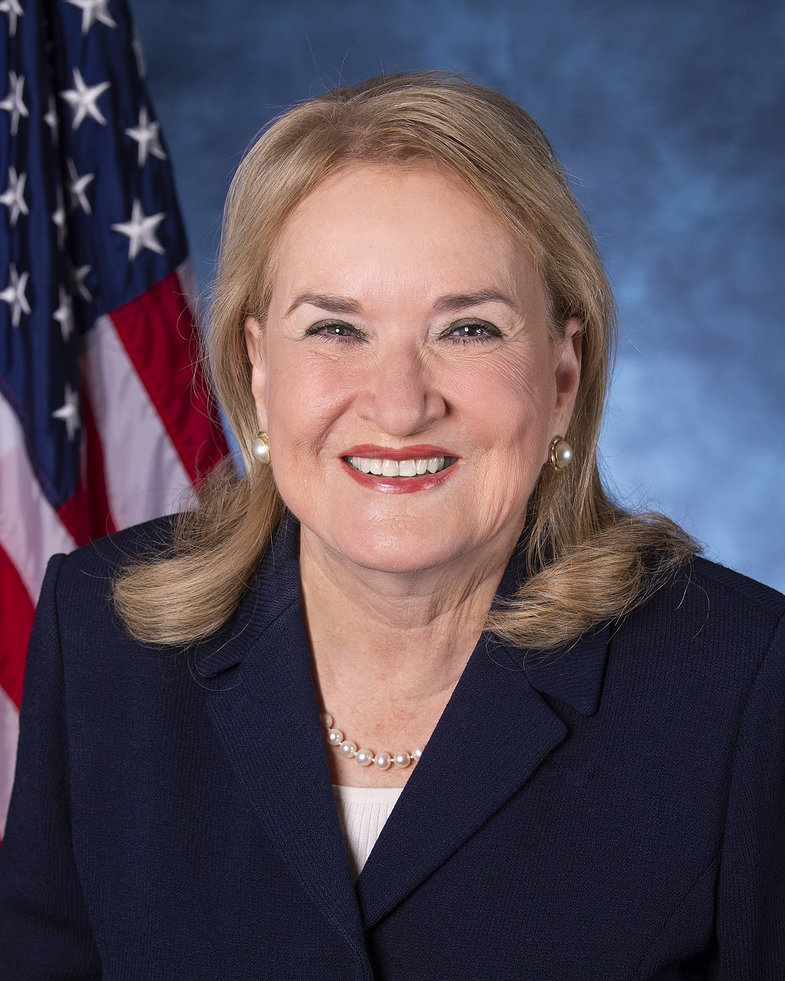
Co-Sponsor
-
TrackJesús G. "Chuy" García
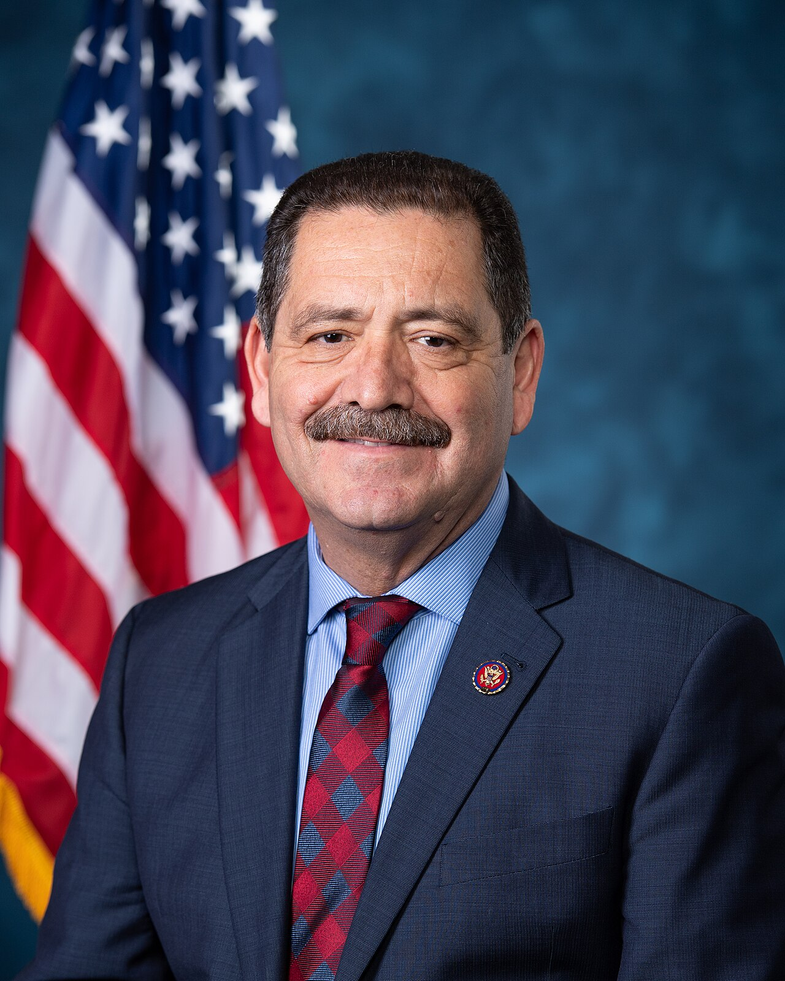
Co-Sponsor
-
TrackJonathan L. Jackson

Co-Sponsor
-
TrackHenry C. "Hank" Johnson, Jr.

Co-Sponsor
-
TrackRobin L. Kelly
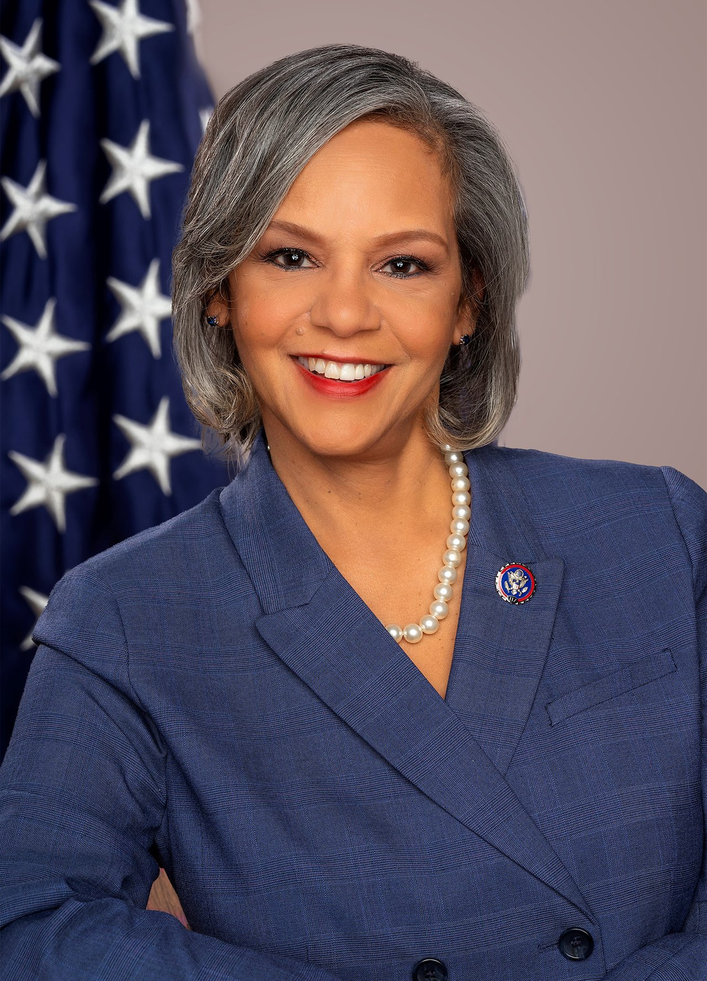
Co-Sponsor
-
TrackSummer L. Lee
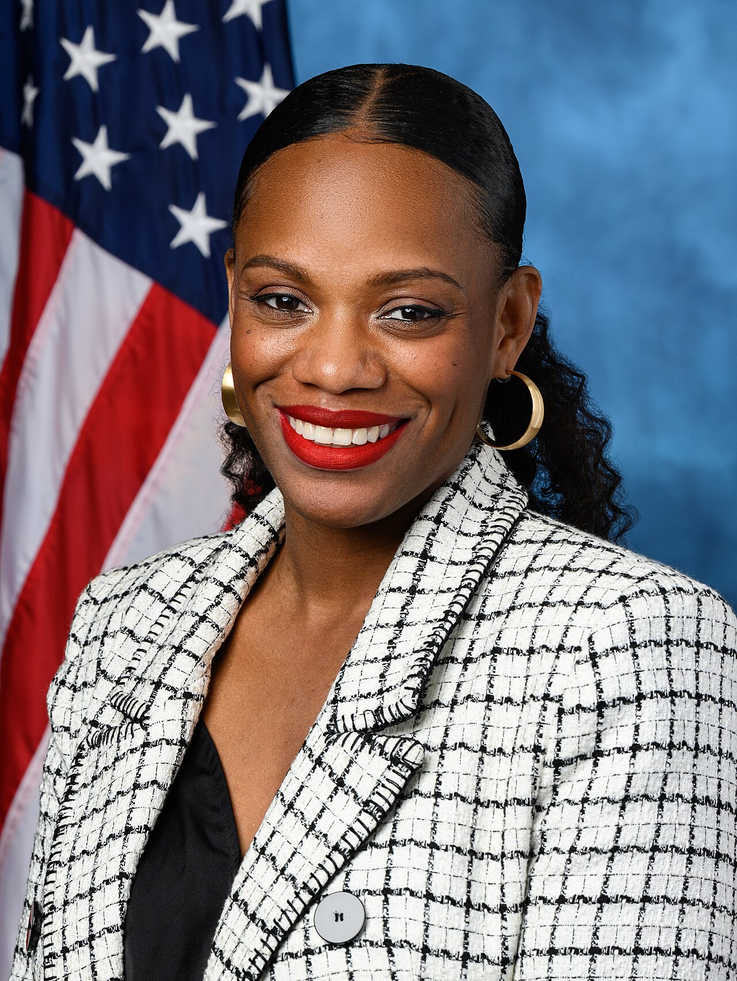
Co-Sponsor
-
TrackMorgan McGarvey
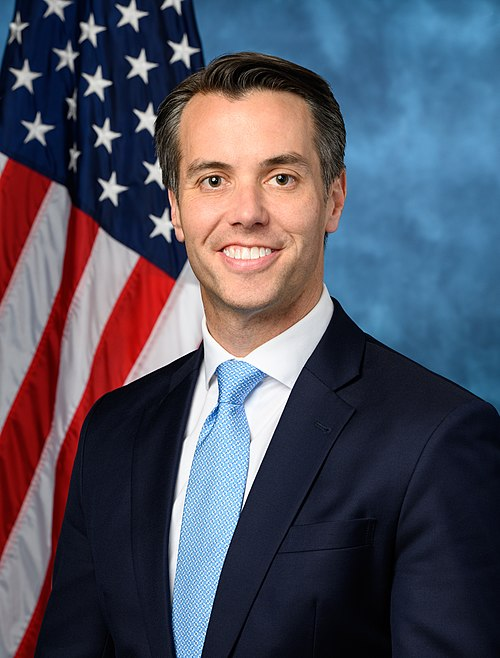
Co-Sponsor
-
TrackLaMonica McIver
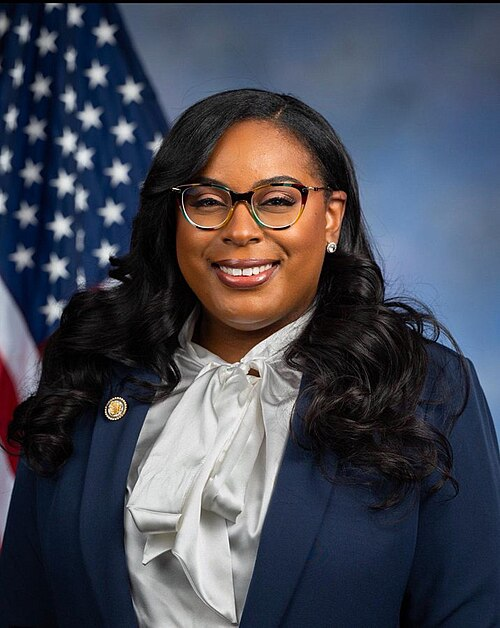
Co-Sponsor
-
TrackGrace Meng
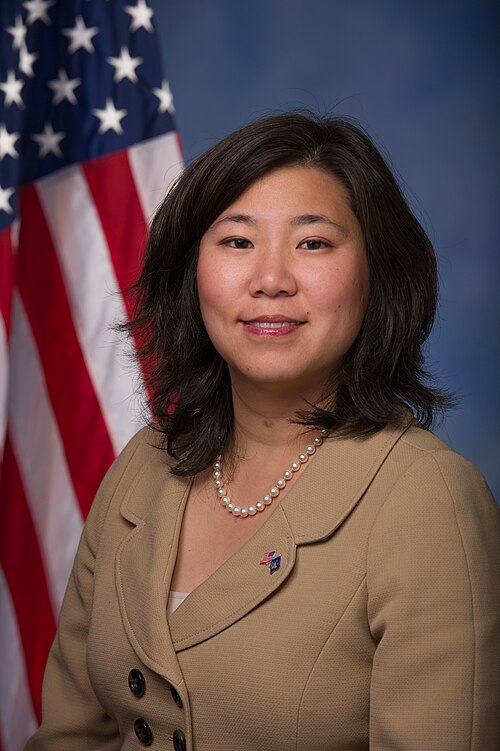
Co-Sponsor
-
TrackEleanor Holmes Norton

Co-Sponsor
-
TrackAyanna Pressley
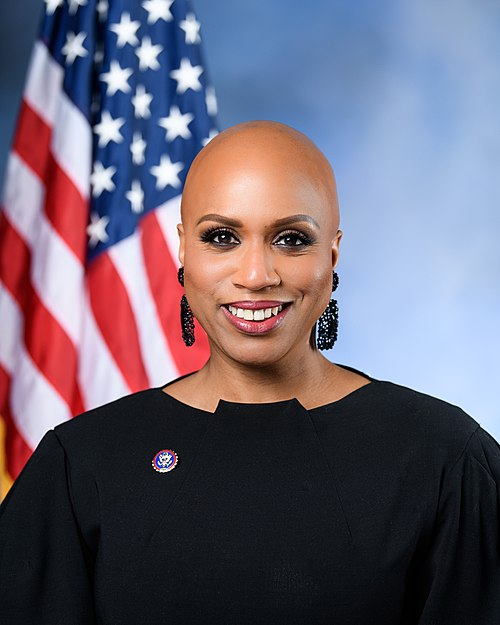
Co-Sponsor
-
TrackDelia C. Ramirez
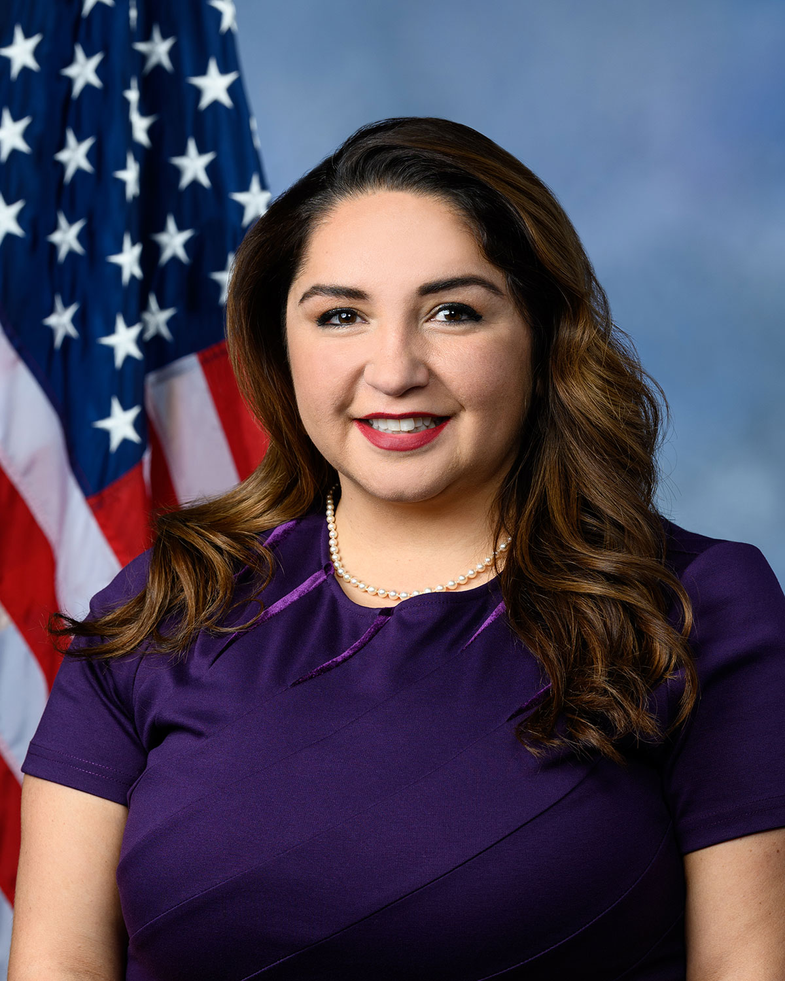
Co-Sponsor
-
TrackLateefah Simon

Co-Sponsor
-
TrackMelanie A. Stansbury
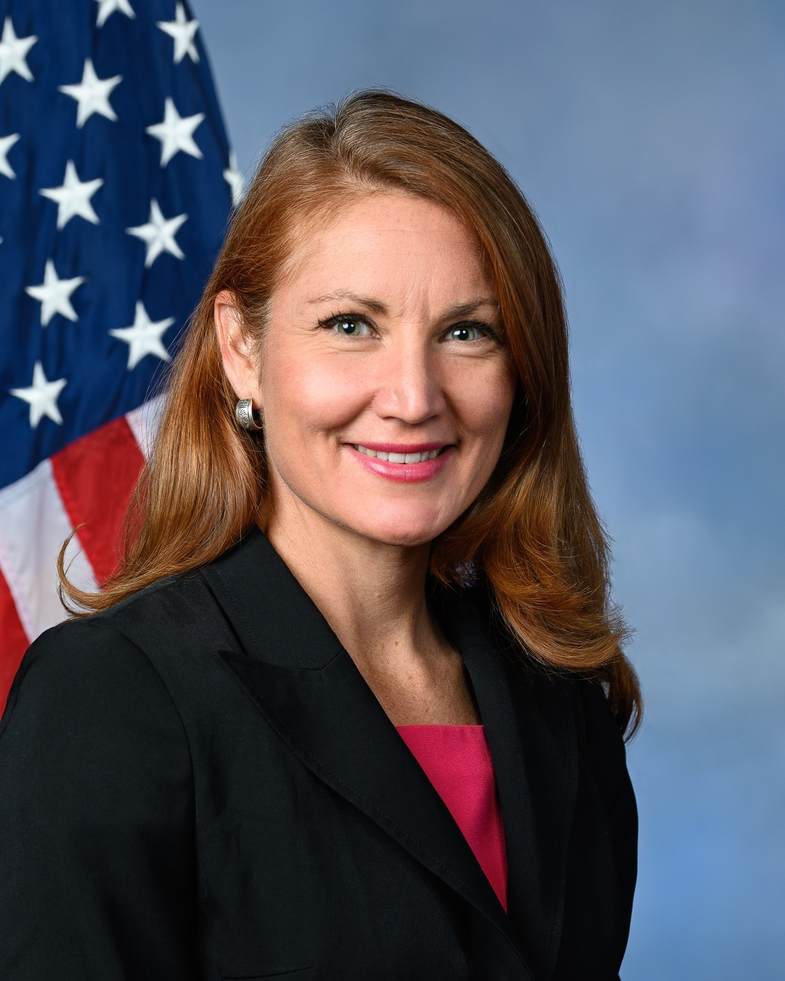
Co-Sponsor
-
TrackRashida Tlaib
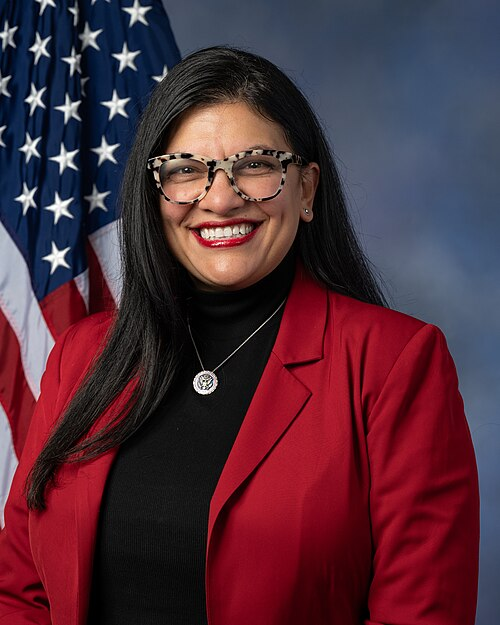
Co-Sponsor
-
TrackNydia M. Velázquez
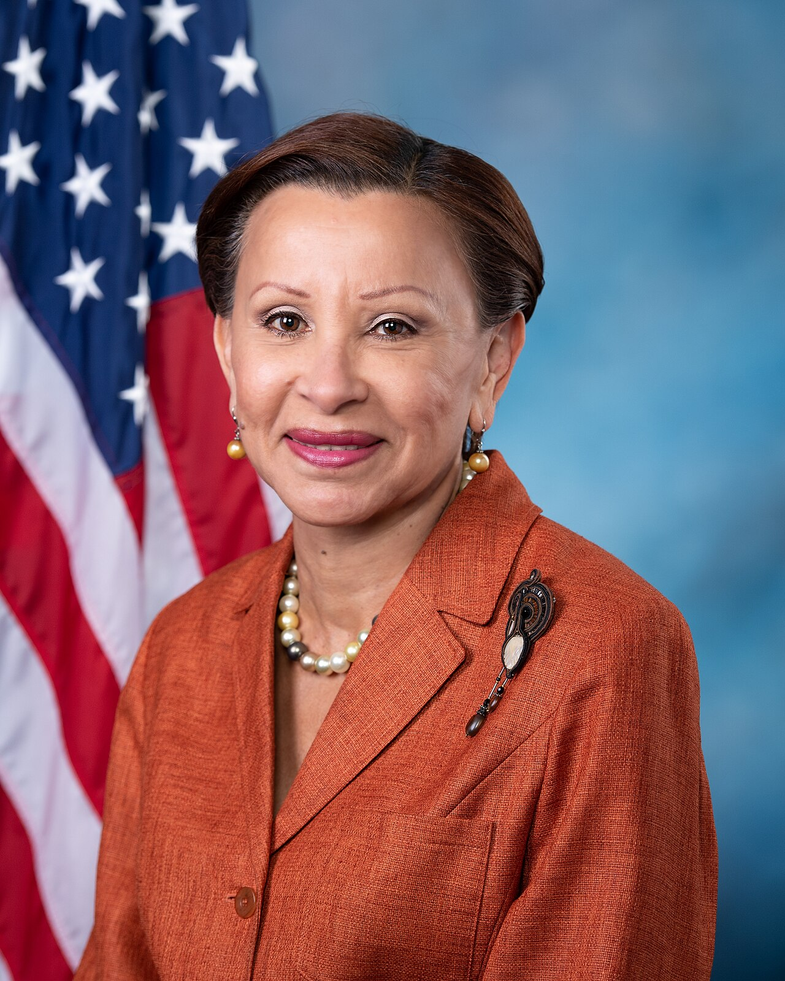
Co-Sponsor
-
TrackBonnie Watson Coleman
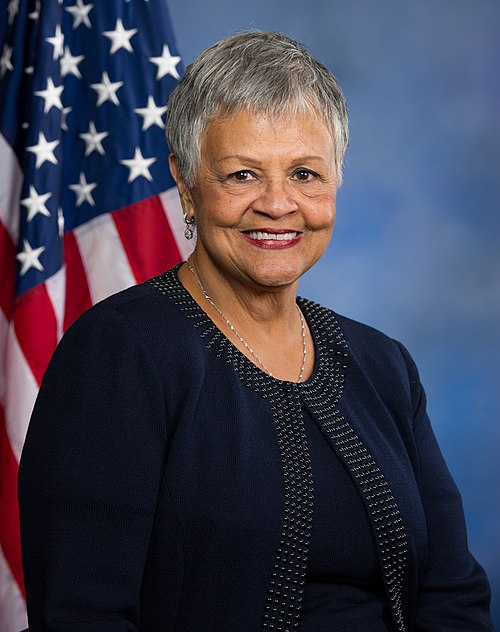
Co-Sponsor
Actions
2 actions
| Date | Action |
|---|---|
| Jul. 23, 2025 | Introduced in House |
| Jul. 23, 2025 | Referred to the Committee on the Judiciary, and in addition to the Committee on Oversight and Government Reform, for a period to be subsequently determined by the Speaker, in each case for consideration of such provisions as fall within the jurisdiction of the committee concerned. |
Corporate Lobbying
0 companies lobbying
None found.
* Note that there can be significant delays in lobbying disclosures, and our data may be incomplete.
Potentially Relevant Congressional Stock Trades
No relevant congressional stock trades found.